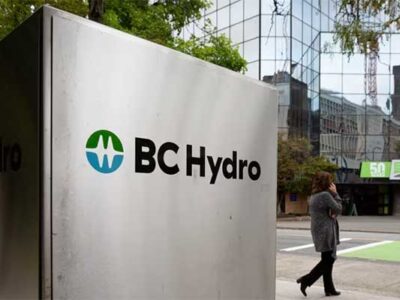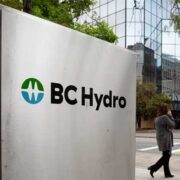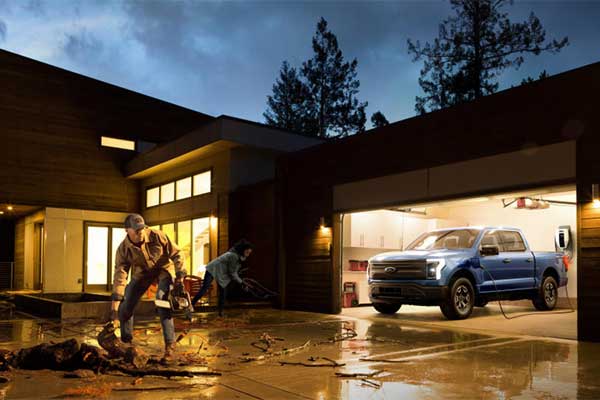Ontario — Canada announced a new request for proposals (RFP) under the Zero Emission Vehicle Infrastructure Program (ZEVIP). This initiative aims to deploy EV chargers, including fast chargers, in public places such as highways and parking lots, and in private locations like multi-unit residential buildings, workplaces, and fleet servicing areas.
The RFP will accept applications until September 19, 2024.
“Canadians are making the switch to EVs because it’s a great way to save money while ensuring clean air in our communities and fighting climate change. We’re making electric vehicles more affordable and charging more available where Canadians live, work, travel, and play. Today, we launched another funding request for proposals via the Zero Emission Vehicle Infrastructure Program, which will help deploy thousands more chargers across Canada. This will put more Canadians in the driver’s seat on the road to a prosperous net-zero future,” said Minister Wilkinson.

Canada is a North American country stretching from the U.S. in the south to the Arctic Circle in the north. Major cities include massive Toronto, west coast film centre Vancouver, French-speaking Montréal and Québec City, and capital city Ottawa.
Funding will facilitate the installation of thousands of new chargers across the country, building on Canada’s existing progress. The federal government has committed to deploying 84,500 EV chargers nationwide, supported by programs like ZEVIP and the Canada Infrastructure Bank (CIB)’s Charging and Hydrogen Refuelling Infrastructure Initiative.
The federal government has contributed to approximately 20% of the nearly 30,000 public chargers currently operational in Canada. In 2023, the number of EV chargers in the country increased by 70% compared to 2022.
“Hundreds of thousands of Canadians are making the switch to an EV every year. They expect access to convenient, affordable, and reliable charging — including in public spaces. Today’s call for proposals does that by investing in thousands more chargers and equipping the private sector and governments with the tools they need to deploy more chargers, faster,” said Julie Dabrusin, Parliamentary Secretary to the Minister of Energy and Natural Resources.
Natural Resources Canada released the “Electric Vehicle Charging Infrastructure for Canada: Updated Forecasts of Vehicle Charging Needs, Grid Impacts, and Cost for All Vehicle Segments (2024 EV Charging Needs Report).”
This report offers a comprehensive regional analysis of public and private charging needs for light-duty, medium-, and heavy-duty vehicles, alongside grid readiness requirements and investments.
The 2024 EV Charging Needs Report emphasizes the need for coordinated efforts from all government levels, industry, utilities, and private sector stakeholders to accelerate charger deployment.
Additionally, the Government of Canada has developed the National Public EV Charging Planning Map to identify the most suitable locations for new chargers.














Comments